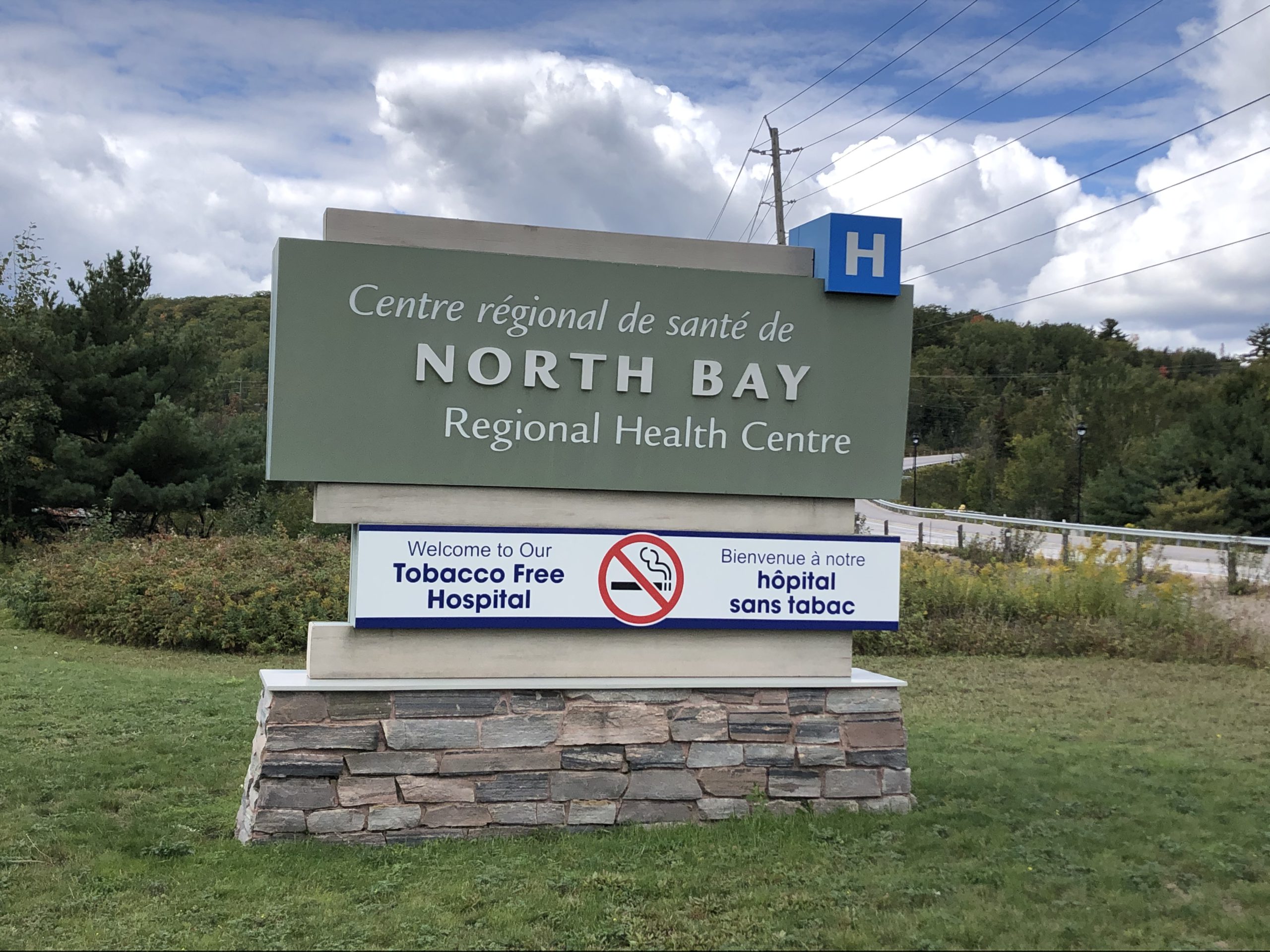With “stay at home” campaigns urging people to only leave their houses for essential trips, the North Bay Regional Health Centre (NBRHC) is concerned one type of excursion has been left out.
“Somewhere in that messaging, we’ve forgotten to mention that healthcare is essential,” said Dr. Neva Fantham-Tremblay, NBRHC Medical Director of Surgery & Head of Service for Obstetrics and Gynecology. “We’ve been noticing our operating rooms are actually being underutilized as of lately.”
Fantham-Tremblay says there has been a decline in surgeries booked at the hospital, prompting concern from herself and fellow staff.
“We do have pretty significant fear that our patients may be delaying medical problems that may have issues down the road,” she said.
The delay, Fantham-Tremblay believes, is due to the pandemic highlighting the importance of keeping hospitals functional.
“People are afraid. They’re afraid of whether they’re safe in the hospital. They’re afraid they might be burdening the system,” she said. “Cancer still exists. Diabetes is still there. Surgical issues are still happening. COVID hasn’t erased the rest of healthcare.”
Throughout the pandemic, the NBRHC has never had more than four people treated in hospital for COVID-19, while its capacity for treatment of the virus is around 40 beds.
Fantham-Tremblay says the region has been “lucky” with its handling of COVID-19 but stresses people should not ignore any nagging symptoms.
“As important as it is to take this pandemic very seriously, it’s important to remember that there are other diseases in the background that are potentially going to lead to bigger problems down the road,” she said.
Fantham-Tremblay adds that if there were a spike in local COVID-19, the hospital is prepared to make any necessary adjustments to care.
Until then, she is urging people to seek treatment for any ailments.
“We don’t want patients to feel like they have to triage their own health needs,” Fantham-Tremblay said. “It’s been a year. You should probably stop ignoring those symptoms.”



